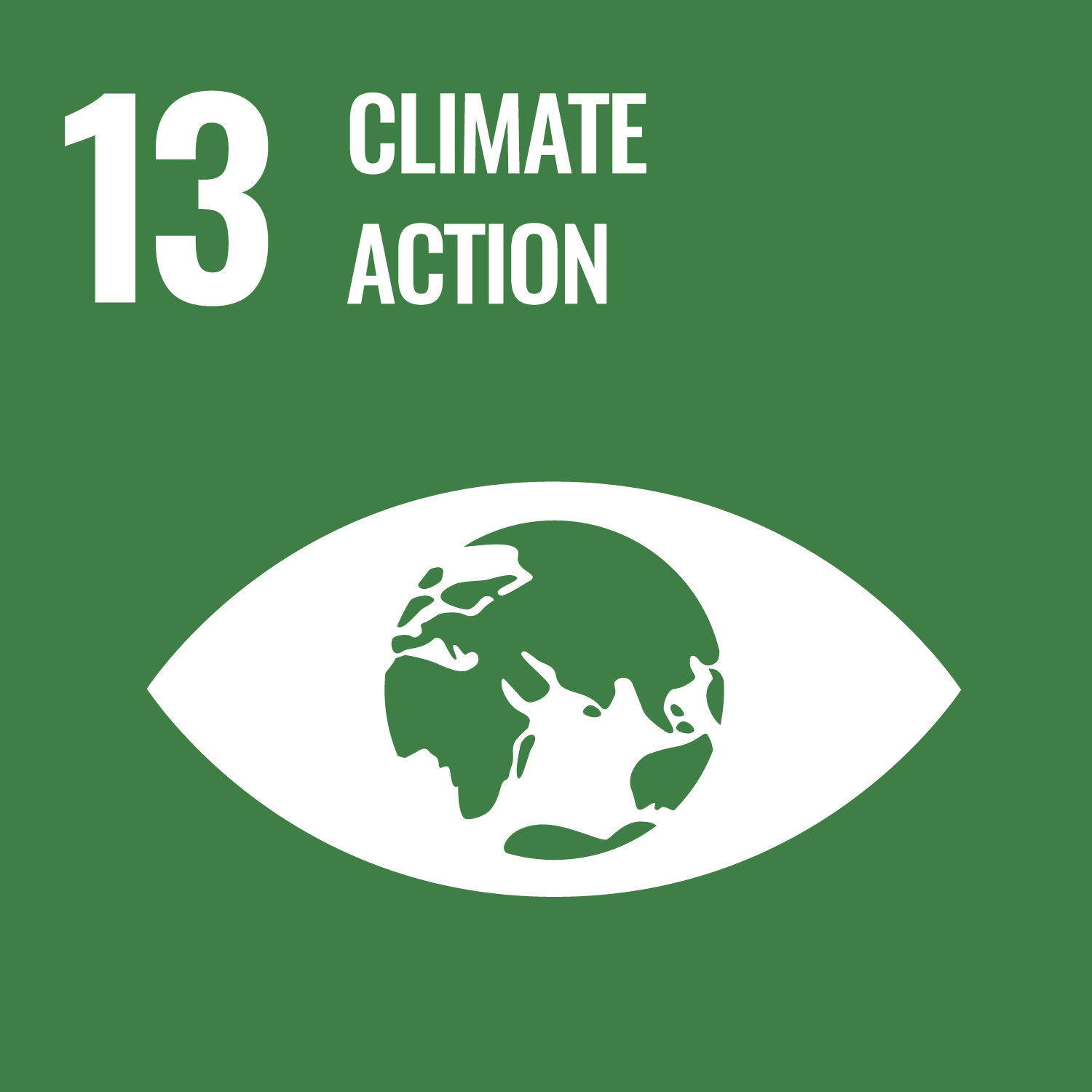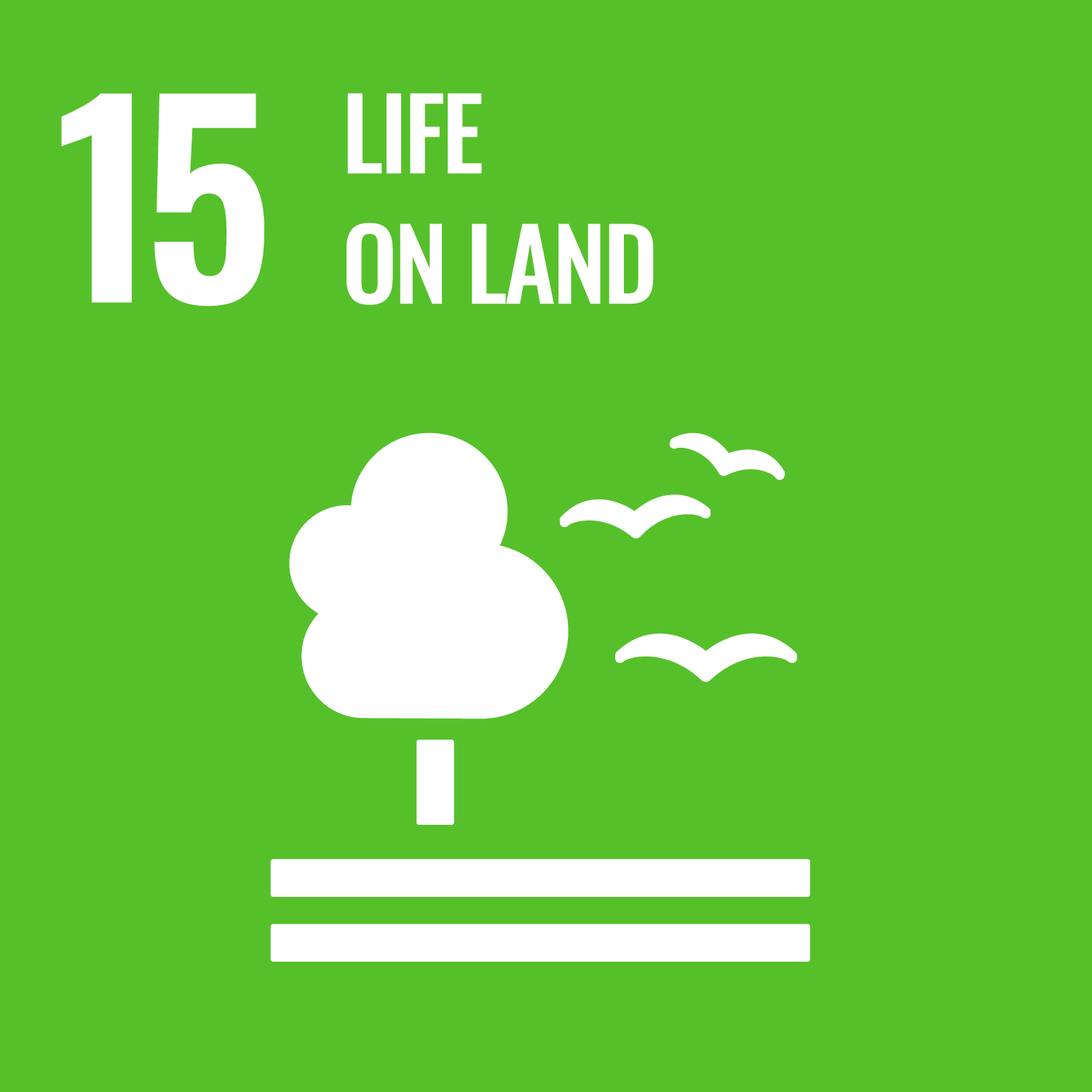Amazon Biome Regenerative Economy Outcomes Fund
Aligned SDGs



- Amazon Biome Regenerative Economy Outcomes Fund
- General overview
- Intervention
- Location
- Last data update
- Spreadsheet of data
- Amazon Biome Regenerative Economy Outcomes Fund
- General overview
- Intervention
- Location
- Last data update
- Spreadsheet of data
General overview
Stage of development: Early stage
Policy sectors: Employment and private sector development / Environment and climate change
Type of instrument: Impact Bond / Outcomes Fund
Delivery locations: Colombia
Country classification: Upper-middle-income
Intervention
Social or environmental challenge
"Deforestation in the Amazon leads to GHG emissions and loss of biodiversity, compounded by the lack of sustainable livelihoods in local communities. Problems anchored to high levels of multidimensional poverty in rural communities of the Amazon (including indigenous and peasant communities), prevailing productive activities related to deforestation.
Nature tourism as a mitigant is promising, but presents challenges:
-Lack of sufficient capacities in tourism and conservation.
-Lack of articulation between actors in the chain.
-Little technological adoption in nature tourism businesses creates friction in the purchase.
-Lack of positioning in the market of emerging destinations weakens the effective generation of income.
-Lack of cost-efficient systems for measuring socio-environmental impact limit the generation of value, awareness and decision-making.
-There is a gap in the sector to access the capital available in tourism and conservation, as it is a highly fragmented and informal chain."
Description of the intervention
To carry out a feasibility study for the design of a Payment by Results Fund (Amazon Biome Regenerative Economy Outcomes Fund) whose purpose is the conservation of habitat and biodiversity with practices in the regenerative economy in the Amazon Biome. A roadmap will be designed with the essential steps to design said fund and issue the impact bonds that are identified as priorities (Nature Based Tourism, Wildlife Conservation, Regenerative Agriculture and Traditional Ancestral knowledge), including the eligibility criteria and impact indicators, the field actions that can be supported, the procedure required, actors involved and their profiles, monitoring, verification and reporting mechanisms, operating policies and the financial model for the structuring, certification, marketing and issuance of the fund. The initial challenge to be designed and issued is Nature-Based Tourism (NB Tourism) which is the main focus of this proposal.
Location
Country:
- Colombia
Locality:
- Colombia
Last data update
Data for this pipeline project was last updated in August 2023
You might have noticed that some pipeline projects have more data than others. This is because organisations can share as much data as they want with the INDIGO initiative. If you have more data on one of these pipeline projects and would like to share with us, please get in touch at indigo@bsg.ox.ac.uk. Our full list of variables and data definitions can be found here.
Spreadsheet of data
Important Notice and Disclaimer on INDIGO Data
INDIGO data are shared for research and policy analysis purposes. INDIGO data can be used to support a range of insights, for example, to understand the social outcomes that projects aim to improve, the network of organisations across projects, trends, scales, timelines and summary information. The collaborative system by which we collect, process, and share data is designed to advance data-sharing norms, harmonise data definitions and improve data use. These data are NOT shared for auditing, investment, or legal purposes. Please independently verify any data that you might use in decision making. We provide no guarantees or assurances as to the quality of these data. Data may be inaccurate, incomplete, inconsistent, and/or not current for various reasons: INDIGO is a collaborative and iterative initiative that mostly relies on projects all over the world volunteering to share their data. We have a system for processing information and try to attribute data to named sources, but we do not audit, cross-check, or verify all information provided to us. It takes time and resources to share data, which may not have been included in a project’s budget. Many of the projects are ongoing and timely updates may not be available. Different people may have different interpretations of data items and definitions. Even when data are high quality, interpretation or generalisation to different contexts may not be possible and/or requires additional information and/or expertise. Help us improve our data quality: email us at indigo@bsg.ox.ac.uk if you have data on new projects, changes or performance updates on current projects, clarifications or corrections on our data, and/or confidentiality or sensitivity notices. Please also give input via the INDIGO Data Definitions Improvement Tool and INDIGO Feedback Questionnaire.